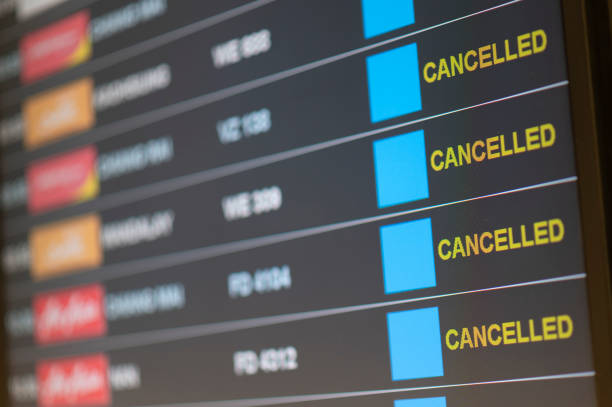Trasporto aereo – Responsabilità del vettore
Diritto alla compensazione pecuniaria ex Reg. CE n. 261 del 2004 – Ritardo del volo superiore alle tre ore
(Cc, articolo 1218; Regolamento consiglio CE 11 febbraio 2004 n. 261, articoli 3, 5, 6 e 7)
Scopo della misura indennitaria prevista dal Regolamento CE n. 261 del 2004 non è quello di ristorare i passeggeri per il tempo sprecato in aeroporto in attesa della partenza, bensì quello di compensare la perdita di tempo rispetto al raggiungimento della destinazione finale. Deriva da quanto precede, pertanto, che il diritto alla compensazione pecuniaria in questione presuppone unicamente che si verifichi un ritardo del volo pari o superiore alle tre ore, non essendo necessario che il passeggero si sia presentato al check-in all′orario originariamente stabilito.
Cassazione civile, Sezione III, ordinanza 15 marzo 2024 n. 7010



